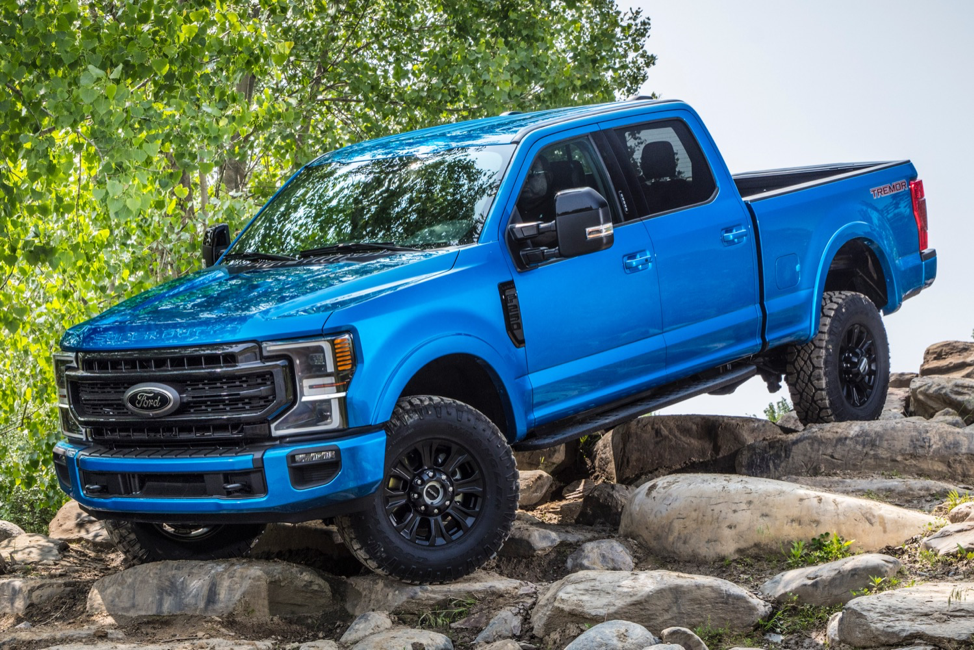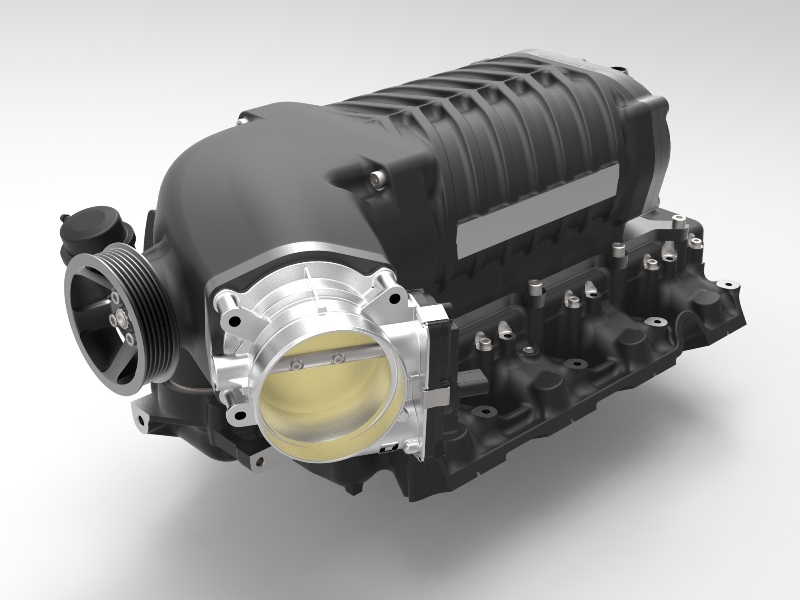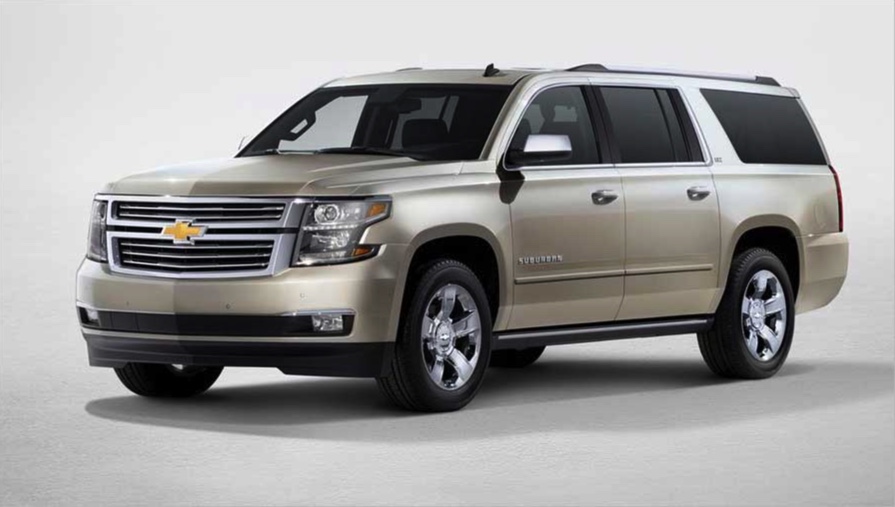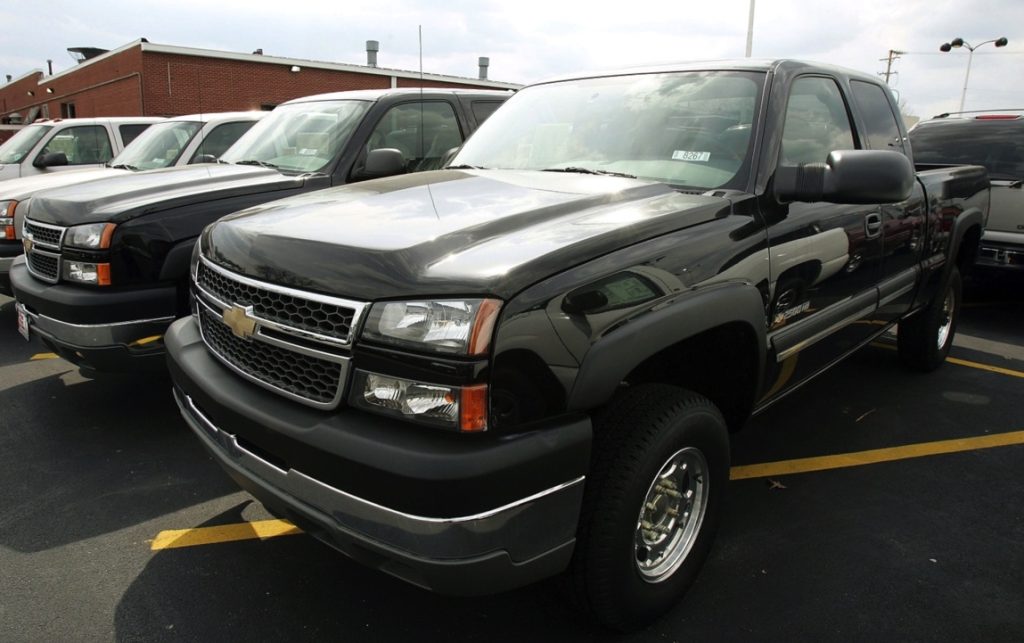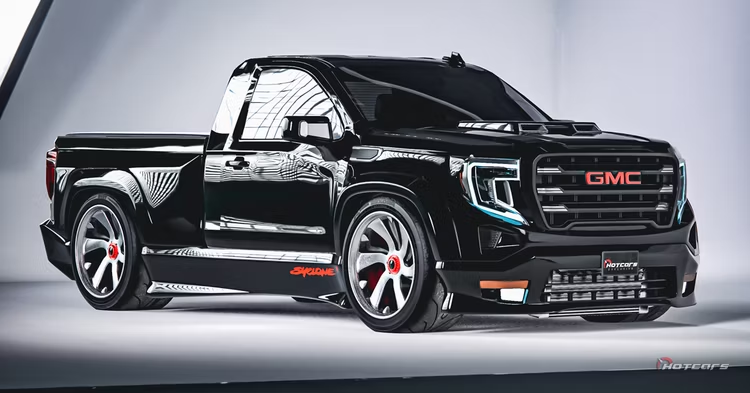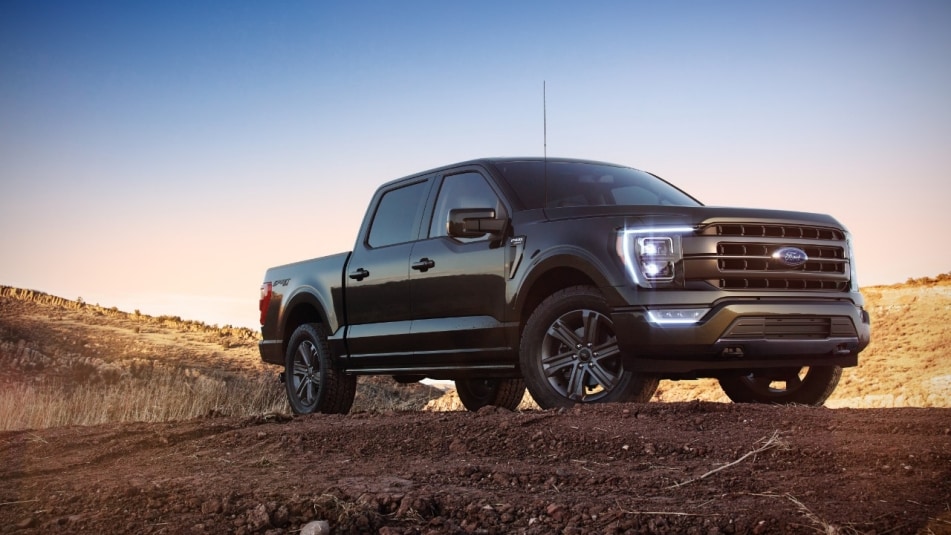What is Commercial Truck Insurance?
Even though commercial truck insurance is purchased by the business owner, it also covers expenses for drivers who are named in the policy, passengers, and injured in a trucking accident.
Source URL
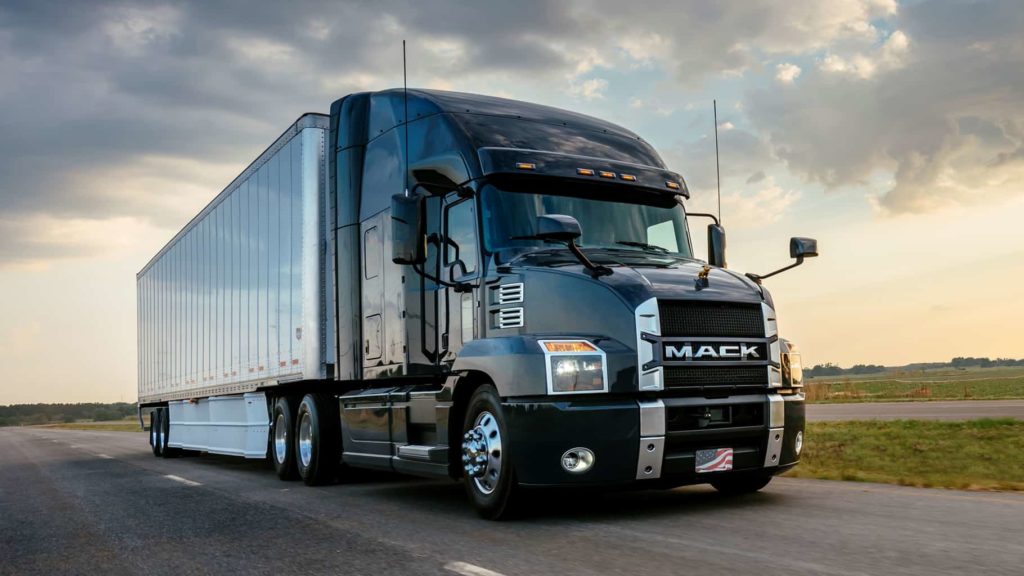
If you’re looking for a commercial insurance policy that meets your business’s needs, you can find several insurance providers that offer coverage up to $1 million CSL.
Source URL
This guide refers to the term “covered incident.” What exactly is a covered incident? This term refers to an accident that is covered by your commercial truck insurance policy, depending on the type of truck, the people covered, and the nature of the incident.
Source URL
While almost any truck can be covered under a commercial truck insurance policy, different insurance providers may only cover certain types of trucks.
Source URL
Commercial truck drivers need a completely different type of insurance than the standard business or personal auto policies. Typical coverages for commercial truck drivers are:
- General Liability – while similar to regular auto liability, the requirements are much higher, usually between $35,000 and $1,000,000.
- Physical damage – physical damage coverage types are normally referred to as comprehensive and collision coverage. As with liability, the requirements are normally much higher.
- Motor Truck Cargo – This type of coverage is intended to protect what ever cargo the truck driver is carrying. It will protect the cargo’s value in case it is lost or damaged.
- Trailer Interchange – This protects drivers when they’re behind the wheel of tractors or trailers that they do not own.
- Bobtail – Also referred to as “non-trucking liability” insurance, bobtail coverage is for when a truck driver is either off dispatch or driving the vehicle for purely personal reasons.
- Truck Insurance ICC (Interstate Operating Authority) – This coverage is required by the federal government for any drivers that carry cargo between different states. Local or state-only trucks are not required to carry this type of coverage. Source URL
Many commercial truck insurance policies will not cover damages to property, personal items, or automobiles that are owned by others, even if the person in care of the property or automobile is covered under the policy.
Source URL
What Factors Affect the Cost of Commercial Truck Insurance?
There are several factors that influence the cost of commercial truck insurance. Some can be reduced, while others can’t be changed.
Source URL
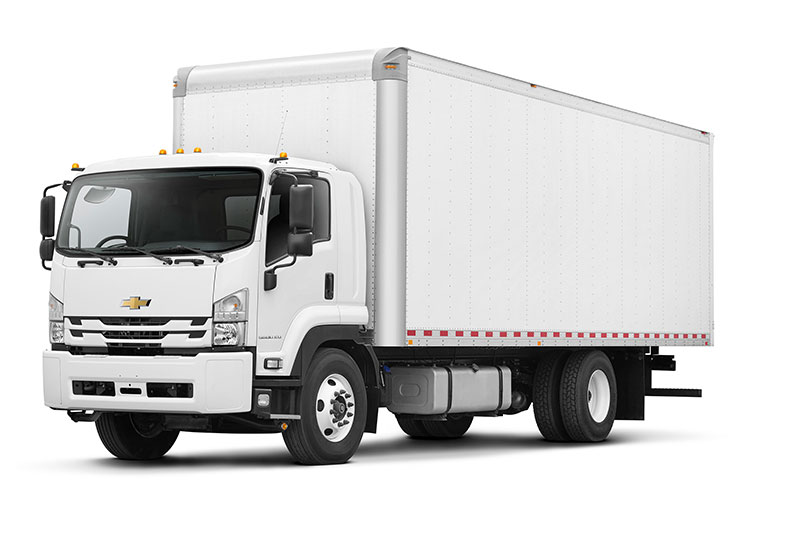
The policy limit also plays a role in how much commercial truck insurance costs. Businesses that have lower coverage limits tend to pay lower monthly premiums.
Source URL
Cargo. Some types of cargo are just riskier to transport than others. For example, a truck carrying heavy farm equipment will cause more injury or damage than a truck transporting fresh produce.
Source URL
Driving history: A commercial truck policy is more likely to have violations and accidents on it than a typical auto policy because trucks that are larger and carry more cargo can cause more damage. Even a minor speeding ticket on a trucker’s driving record can cause their insurance rates to increase significantly.
Source URL
Best Commercial Truck Insurance Companies
Progressive is well-known for its wide range of coverage options for commercial trucks. The company insures owner-operators, motor carriers, and private carriers in all 50 states.
Source URL
As America’s #1 truck insurer, Progressive is known for providing competitive rates and multiple ways to save.
Source URL
State Farm is the largest provider of commercial truck insurance in the United States.
Source URL
Regular Auto Insurance vs Truck Insurance vs Commercial Truck insurance
Commercial trucking insurance is specifically for truck drivers and businesses that use trucks. It falls under the broader category of commercial auto insurance.
Source URL
How to Use a Commercial Auto Insurance Policy
If you take out a commercial auto insurance policy for your truck and its snowplow, double-check that the business owner is covered. If anyone else drives the truck with the plow, they must be added to the policy on an individual basis.
Source URL
Questions to Ask When Buying Commercial Truck Insurance
Your agent will be able to quickly do the legwork to get several different quotes that match your commercial truck insurance needs. There is so much to consider when insuring your commercial trucks. To get accurate quotes, your agent needs to know this type of information.
- Which employees will be driving your trucks?
- What kinds of certification or training do your drivers have?
- Will they be in hard-hat areas or construction sites?
- Will they be hauling heavy equipment or hazardous materials?
- How many miles will they be driving your commercial trucks each year?
- Will they cross state boundaries?
Questions like these, as well as the driving records of your employees, will help your agent gather a range of quotes from several different companies, including various commercial vehicle discounts that may be available to you.
Source URL
What are Some Exclusions Included in Commercial Truck Insurance?
In addition to listing what is covered, commercial truck insurance policies also list exclusions.
Source URL
Difference Between a Personal Truck Auto Policy vs a Commercial Truck Policy
Depending on its use, a pickup truck might be covered by either a personal auto policy or a commercial truck policy. If you use your pickup truck as a primary personal vehicle without a business, then a personal policy is sufficient.
Source URL
Minimum Liability Requirement for Commercial Truck Drivers
The Federal Motor Carrier Safety Administration (FMCSA) requires that commercial truck drivers are covered by a minimum amount of insurance in the event of an accident.
Source URL
How to Choose a Commercial Truck Insurance Policy
Before you sign up for a commercial truck insurance policy, it’s important to understand the coverage that your business needs and to abide by both federal and state laws.
Source URL
If you’re looking for commercial truck insurance, it’s important to consider the financial strength of the company. This type of coverage pays for damages to trucks that would otherwise result in high out-of-pocket costs.
Source URL
Reasons to Purchase Good Commercial Truck Auto Insurance
A commercial auto insurance policy is a separate insurance policy designed to protect businesses and their vehicles.
Source URL
A commercial auto policy will give you the best protection when you drive for Uber. This type of policy covers business-related claims, such as when transporting passengers or cargo.
Source URL
If you have a traditional food truck, which is an all-in-one kitchen and vehicle combination, a commercial auto insurance policy will provide liability coverage and comprehensive and collision coverage for the vehicle itself.
Source URL
If you have commercial auto insurance for your truck, it will cover a wide variety of damage, such as damage to the plow or damage to other vehicles and property involved in an accident.
Source URL
Non-owner Vehicle Coverage: This type of coverage is used when employees need to drive their own vehicle or a rented vehicle while at work.
Source URL
What Jobs Might Require Commercial Truck Insurance?
It’s not surprising that truck drivers and bus drivers need commercial vehicle insurance, but what about landscapers and pizza delivery people? With a boom in the sharing economy, more and more people are using their vehicles to make a living, opening up some gray areas in terms of insurance coverage. Here are some jobs that may require commercial insurance:
- Although truck drivers are required to have commercial insurance coverage, who pays for it can vary. Some trucking companies own all their vehicles and hire drivers as employees. In this case, the company will bear the insurance costs. In many cases, though, trucks are owned and operated by the driver, transferring the insurance responsibility to the driver. Bus drivers typically operate vehicles owned by a bus fleet company, so they’re covered through the company.
- Your standard personal car insurance policy typically will not cover you while driving for a ridesharing company. From the time you turn on the app to the time you drop off a customer, you need commercial insurance that is written to accommodate higher mileages and includes higher liability limits. As ridesharing becomes more prevalent, many states have passed laws that specify what insurance coverage is needed to operate legally from “app-on to app-off.” Ridesharing companies generally pay for some type of commercial insurance, but the policy may not cover damage to your vehicle or other costs a personal policy usually covers.
Some insurance companies, including USAA, Geico, and State Farm. have started to offer ridesharing insurance to their customers, although these policies are not available in all states. Typically, they are hybrid policies that combine personal and commercial coverage. Prices vary but can be as low as an additional $6 to $8 per month (or $40 to $50 for a six months). Bottom line: If you drive for a ridesharing company, understand what insurance responsibilities the company shoulders, and talk to your insurance agent about filling any gaps. - If you are an employee of a restaurant, it’s likely the restaurant will pay for commercial insurance, even if you’re driving your car. There’s a “Pizza Delivery Insurance” policy that businesses can customize to their operation. But if you’re an independent contractor, you are responsible for your insurance. In 2015, drivers for the food delivery companies Grubhub and DoorDash sued, claiming that they were employees, not independent contractors, but until these issues are legally decided, drivers should ensure they have the necessary commercial insurance to supplement their insurance.
- If you have a snow removal service, you’ll need commercial insurance. This will probably be required by law, or at least by your snow removal contract. In addition to liability insurance, you may want to consider extensive collision and comprehensive insurance since driving will occur in hazardous conditions. Source URL
Scenario in Which You Would Need Commercial Truck Insurance
If you have three work trucks in your construction company, for example, then your commercial vehicle insurance policy will cover these three trucks. It will also cover the liability of anyone driving the truck as long as the policy is active.
Source URL
Citation List
https://constructioncoverage.com/commercial-truck-insurance
https://www.carinsurance.org/commercial-car-insurance-whats-the-difference-727
https://www.insurancepanda.com/faq/does-my-auto-policy-cover-my-snow-plow
https://www.autoinsuranceez.com/hungry-howies-pizza-insurance
https://www.trustedchoice.com/l/alaska/car-insurance/juneau
https://www.thezebra.com/insurance-news/5173/food-truck-insurance-101-coverage-need
https://www.expertinsurancereviews.com/donegal
https://www.coverage.com/insurance/auto/what-is-commercial-auto-insurance
https://www.moneygeek.com/insurance/auto/resources/car-insurance-commercial-drivers
https://www.carinsurance.com/Commercial-Auto.aspx
https://www.insurancepanda.com/faq/can-you-get-auto-insurance-through-your-employer
https://www.trustedchoice.com/car-insurance/auto-coverage-types/vehicle-types/truck-coverage

